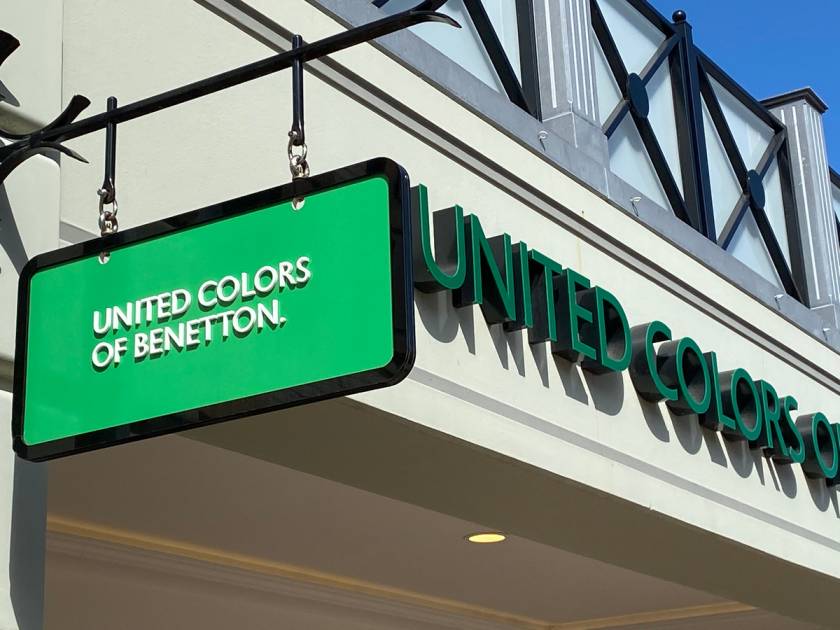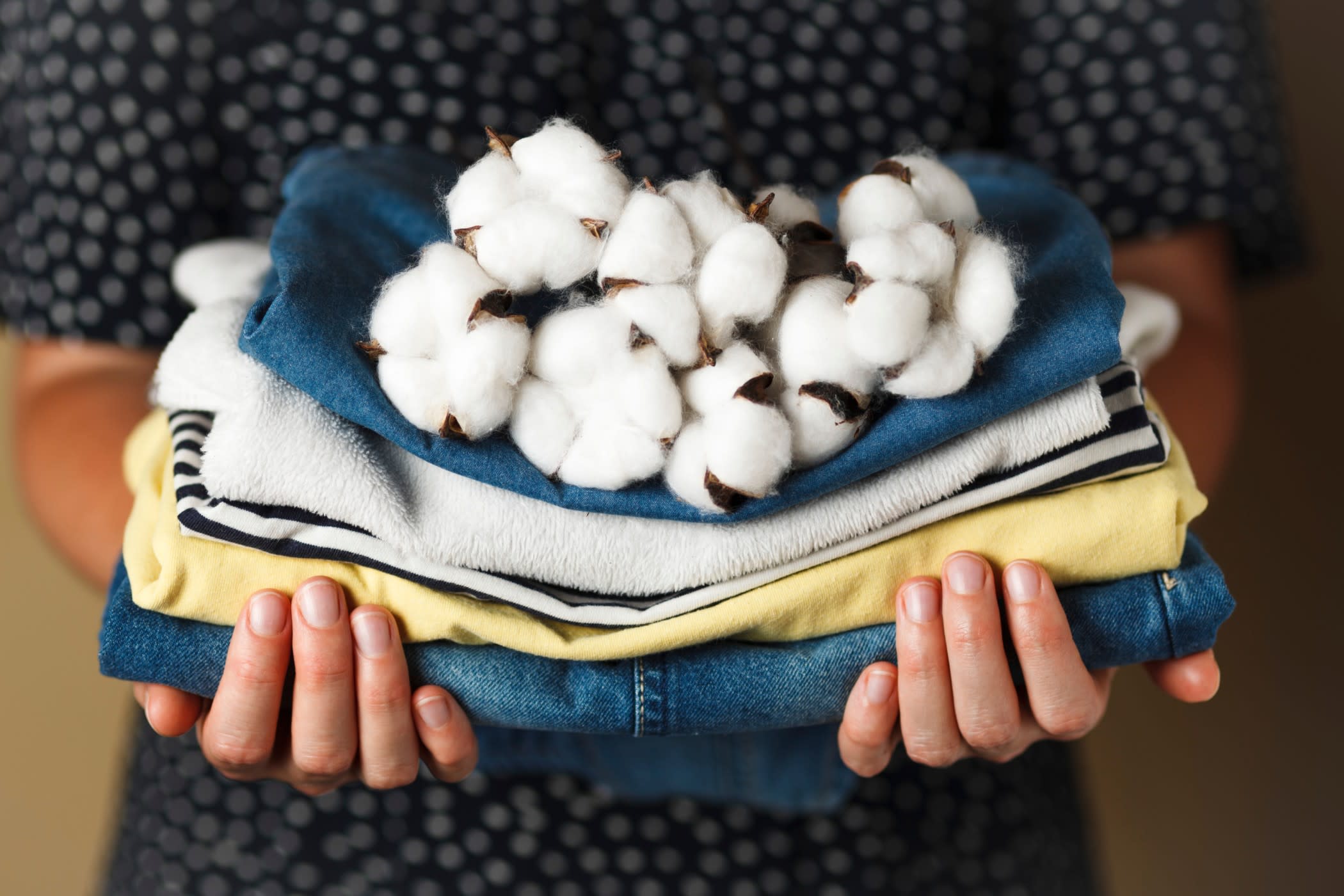Benetton's Project Green B: A Call for Sustainability



History of Sustainable Fashion
Sustainable fashion is a growing movement in the fashion industry. The goals of sustainable fashion is to foster greater ecological integrity as well as promote social justice. These goals can be achieved through making products fair-trade and eco-friendly. Long-term changes include industry wide supply chain reforms in order to usher in a new era of green fashion .
In 1962, American biologist Rachel Carson published her influential book ‘Silent Spring’. The book exposed serious and widespread pollution occurring due to the use of pesticides. ‘Silent Spring’ led to the birth of the modern environmental movement. People in the 1970s began to demand environmental reforms everywhere. For the first time in the fashion industry, major brands were questioned on their environmental impact.
The publication of ‘Silent Spring’ led to two significant events of note. The first was the creation of the Environmental Protection Agency (EPA) in 1970. The second event was the United Nations Conference on Environment and Development in 1992.

The conference, popularly known as the Rio Earth Summit, put a spotlight on 'green issues' in multiple industries. People in the fashion industry, especially fashion and textiles publications, discussed more and more on environmental issues surrounding fashion. Some of the core areas of environmental concern were identified:
- the use of synthetic fibres
- pesticide contamination, especially of soil water
- plastic pollution
- greenhouse gas emissions
- waste management, especially wastewater and textile waste production
In the 21st century, brands have been criticized for adopting the unsustainable ‘fast fashion’ model. ‘Fast fashion’ is profitable for brands as it involves the cheap mass-production and distribution of fashion goods. However, fast fashion is harmful to the environment, especially when it comes to the issues identified above.
In response to ‘fast fashion’, a new movement called ‘slow fashion’ has risen in the industry. Slow fashion proponents aspire to make fashion more sustainable. Benetton’s ‘Green B’ project is a step in this eco-friendly direction.
A step towards a Green Fashion Future
Benetton Group S.r.l. is a global fashion brand based in Ponzano Veneto in Italy. It was founded in 1965 by four siblings: Luciano, Gilberto, Carlo and Guiliana Benetton. Benetton, like many large companies, has increased efforts to improve its green sustainability profile . The ‘Green B’ project is their latest effort to promote sustainability culture in the fashion world.
The GREEN B project was launched on the occasion of World Earth Day (22nd April, 2021).
It consolidates the various sustainability initiatives of the Benetton Group. Project Green B is envisioned as a holistic undertaking. The aim is to promote sustainability right from product conception and creation to supply chain distribution. Other goals of Green B are:
- Achieving energy efficiency
- Mitigating waste management
- Fostering respect for worker rights
- Improving product distribution throughout the Benetton supply chain and retail stores
The motto of Project Green B is ‘B Sustainable, Today.’ The logo is a stylized design of a bee. It is green in color and set against a yellow background.
(N.B.: The color green is an excellent way to telegraph a brand’s eco-friendly agenda. Be aware however that this is somewhat a cliche these days. Snarky social media users may react negatively to your brand’s use of green in an environmental context!)
The Green B logo is a symbolic representation of the contribution of each bee within an organically expanding hive. The bee is an excellent choice of “mascot” as bees are crucial to the world’s functioning and are going extinct because of global warming.
‘B’ in the project title also stands for the verb “to be”. It also acts as an initial for the Italian surname ‘Benetton’. Customers will be able to find the Project Green B symbol on tags for Benetton products.
Wrapping Up

Like most large fashion brands today, Benetton is integrating green sustainability into its business model. This is a timely decision since the fashion industry contributes to a whopping 10% of global carbon emissions annually. Green B puts a spotlight on Benetton’s commitment to preserving the environment.
Over the next few years, Benetton will pursue long-term objectives associated with Green B. These include distributing more sustainable products, creating a green supply chain, increasing energy and waste efficiency at Benetton headquarters and retail stores.
If you looking to emulate Bennetton and other major fashion brands, we're happy to help. Contact our Fashinza team to integrate Benetton's sustainability initiatives into your own brand business model.



















